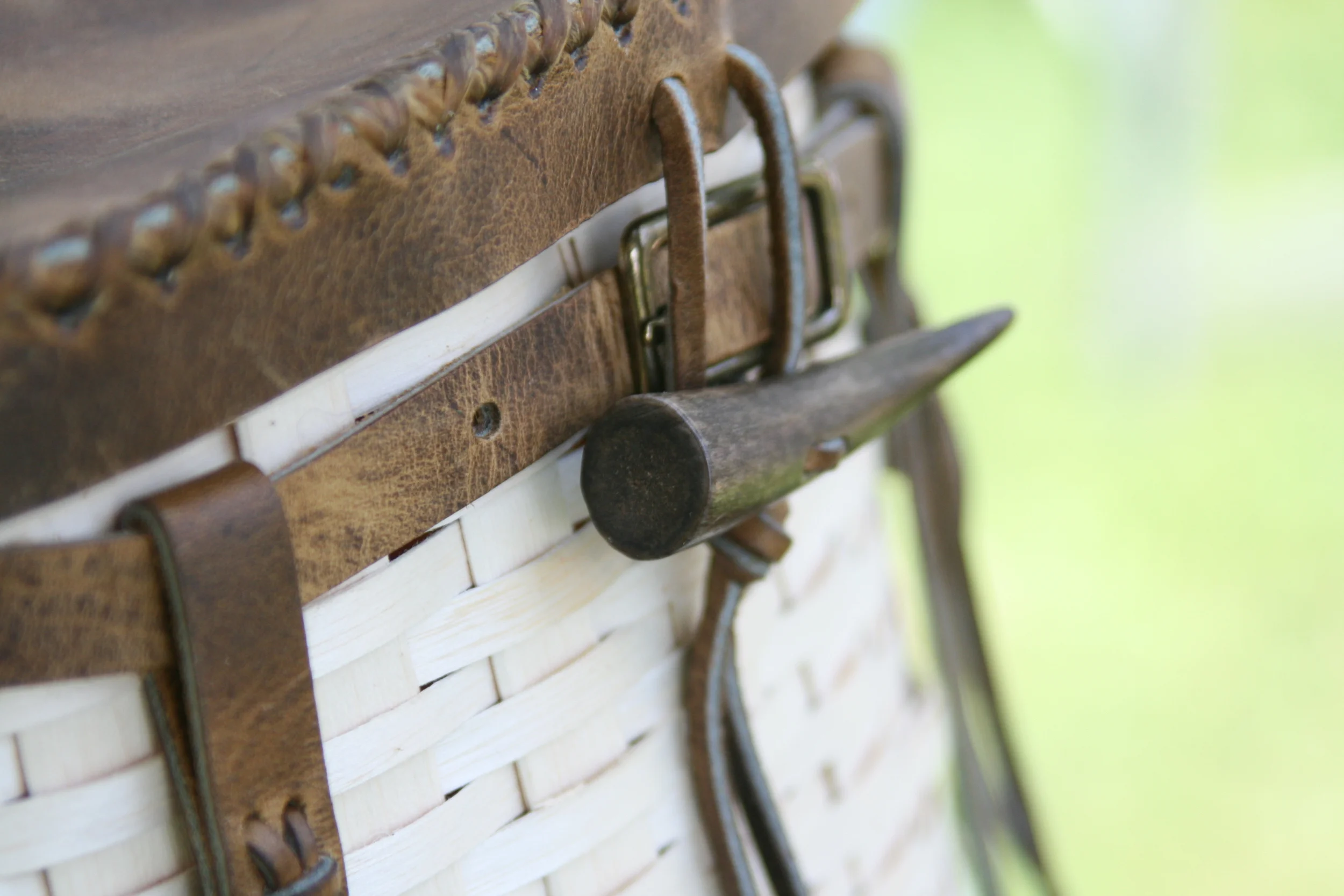Rhonda Frey: A Gift Remembered
/By Raney Bench, Curator of Education
As the Abbe Museum celebrates women’s history month by highlighting some influential Wabanaki women, I can’t help but think of my friend, Rhonda Frey, and the work we did together for the Abbe.
I met Rhonda early in 2007, during an interview she did about the Museum for her monthly radio program, Indigenous Voices, on WERU. A few months later, Rhonda came to an event at the Abbe. As we sat and visited, she shared her excitement at having just come from a meeting in Stockton Springs where she succeeded in getting the town to change the name of Squaw Point Rd. to something less offensive; a battle that she had been engaged in for the past year. As Rhonda talked about this process, it occurred to me that we needed to record what happened to her, because most people think racism on the level she experienced no longer persists in Maine. Rhonda was very excited to write this story down and work with me to transform it into a lesson for students.
Rhonda began to write, and as she did, she found that she could not separate her experience in Stockton Springs with those she had growing up on Indian Island during the times leading up to the Settlement Act. So, she wrote a second lesson for students, this one a personal biography of what it’s like to grow up in the face of stereotypes. Both narratives are excellent, and Rhonda presented her work with Stockton Springs to teachers and students around the state, as well as listing it on the Abbe’s website as a free lesson for teachers to download. She was hesitant to release her personal story, knowing how exposed it would make her feel, so we put that project on hold.
I was scheduled to meet with Rhonda about the lessons in February 2009 when I got a call telling me she had passed on unexpectedly. It has been such a loss for her family, the Native community, and for me personally. I’ve been fortunate to get to know her son, Jim Lolar, and he gave the Abbe permission to use the second narrative, Rhonda’s personal story, with teachers, knowing his mom would have wanted that. The two lessons are now on-line and being used in classrooms throughout the state.
Rhonda has left her mark in many places, and in many ways. She was an active member of her church and the Native community, she sang in choirs, spoke to the general public, and was a passionate advocate for Native people and rights. She was also a caring mother, grandmother, and friend, and she is sorely missed by many. I am thankful that the Abbe can carry her work forward, and her words can influence and educate future generations for years to come.
To see the lessons written by Rhonda, scroll to the bottom of the page:
http://www.abbemuseum.org/pages/education/educator-online-curriculum.html






